Bocas Lit Fest shaping Caribbean stories
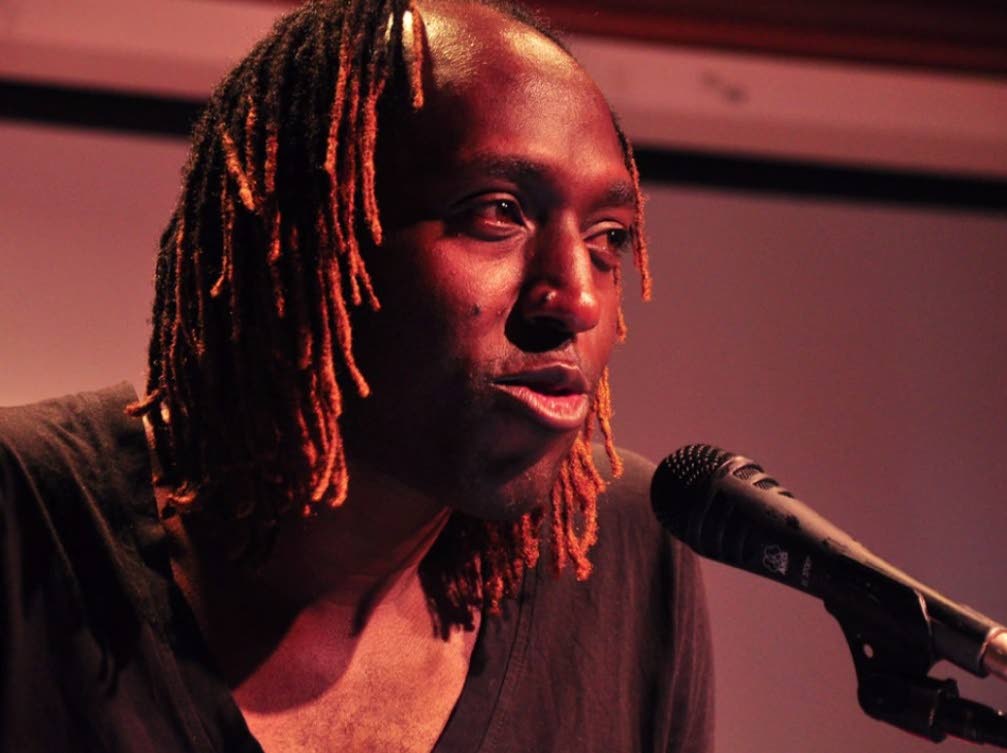
The Caribbean’s premier literary festival, the Bocas Lit Fest, turns ten this year and in commemoration of this milestone Newsday senior reporter, Julien Neaves is doing a three-part series of articles. The first article began yesterday and continues today. Founder and festival director Marina Salandy-Brown continues to reflect on how the festival has progressed and assisted writers in widening skills, audiences and gaining recognition.
The festival has had many famous writers and speakers from across the region. Which of them had the greatest impact on the festival and why?
Having that writer a reader always has wanted to meet is what we aim for. We prioritised the writers living in the region and who belong to that golden age of Caribbean literature – Walcott and (George) Lamming. Brathwaite who died recently had been ailing for a while so we never actually got him here. Before he died we honoured him with the Bocas Henry Swanzy Award for distinguished service to the arts, for all the work he did behind the scenes.
Lovelace is a touchstone for all Caribbean writers and he is in the festival programme each year. This year he is the chief judge of the OCM Bocas Prize. They all draw large audiences, along with Michael Anthony who is much loved by Trini readers. Of course, we like big names, like Marlon James. I think he probably drew the largest crowd after winning the great Booker Prize, the first Jamaican to do so and the only other Caribbean writer since Naipaul.
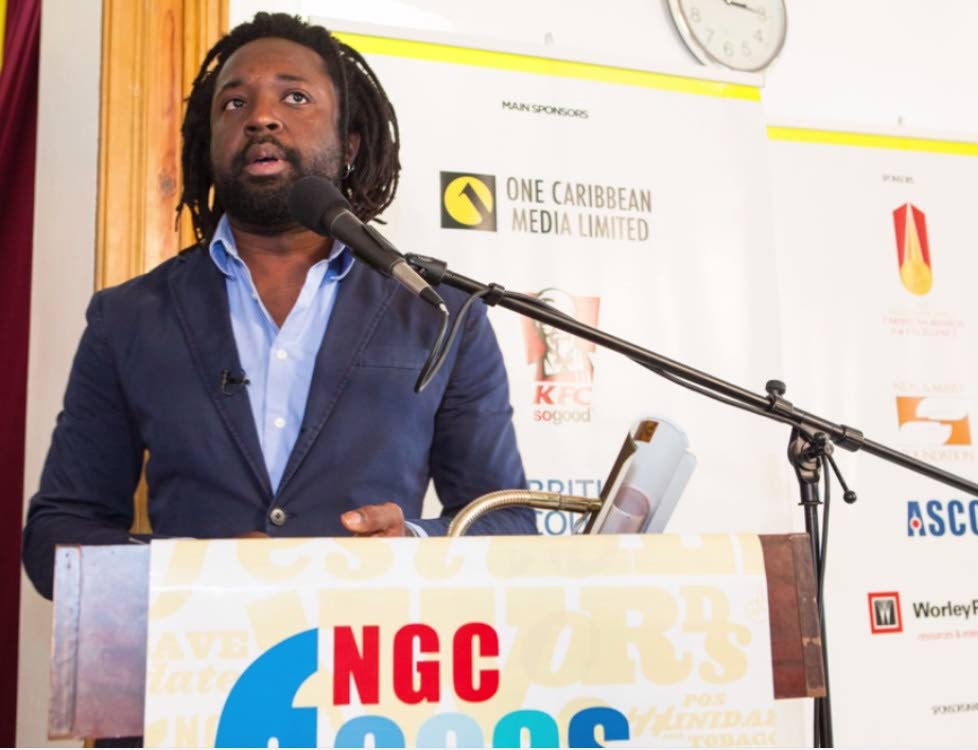
The festival has provided a space and recognition for many writers over the years. Tell me about the importance of this aspect.
Everywhere I go in the world now people know about our festival because it is recognised as the home of Caribbean literature. Caribbean writers want to be invited. The prizes are important because they tell people what's the best. This helps market books for publishers and booksellers and expose writers to the industry because, also, the judges are mostly international and they go away and talk about what's going on here. Our festival talent showcases tell literary agents who's writing and where to look for new writers. We make sure our writers get into the important festivals. When we started we had to ask for them to be invited; not anymore.
For the writers, the festival is a rare chance for them to meet other writers they admire, they teach and have always wanted to have a conversation with. A novice writer can easily rub shoulders with Marlon James, say because our festival is informal and they come for four days. Most festivals have writers fly in and out and few get a chance to meet other writers. TT is so far from their bases that they have no option but to stay. It keeps them in contact with other writers but also importantly with their readers.
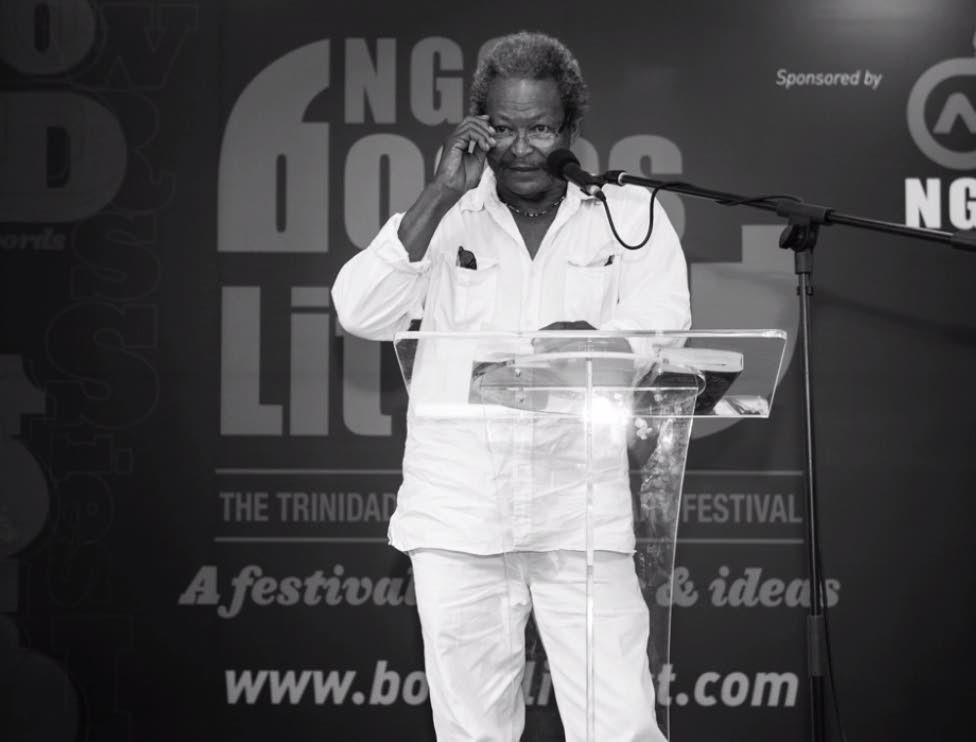
How has the festival helped in shaping Caribbean literature locally, regionally and internationally?
Many more people certainly in TT are writing, and well enough to go out there and win prizes and be invited to festivals, and therefore sell their books. We know that to be a fact. Many of them have been encouraged by the exposure to other writers, knowing it is not a pipe dream. Our festival workshops and master-classes – we have run several dozens over the years – have helped hone their skills and our prizes have drawn attention to their work and created a marketplace.
Marlon James said at the festival that there is a feeding frenzy for Caribbean writers. People want more of where he came from. All of these things have been shaping our literature, which does not happen in a vacuum. I have noticed that the range of subjects is widening as people gain confidence and the genres are increasing too. Crime writing and dystopian tales are going to blossom.
As founder what aspect of the festival are you most proud of?
I feel pleased that we have been able to do something positive for our people here, in the region and abroad. It has been a lot of very hard work, but we built slowly and steadily to have projects that help in making sure all parts of the ecosystem are included. We work all year round; the festival is the pinnacle. We work closely with the Ministry of Education in schools, with UWI, Nalis. We cover from cradle to grave, all ages and all sectors of society. I am pleased that young people who came to the festival or took part in our children's storytelling caravan now come as grown-ups to the festival. I am pleased that people give up their day jobs to become writers and are achieving success. I am pleased that we have had the staying power because it has been hard work and sometimes a lot of grief.
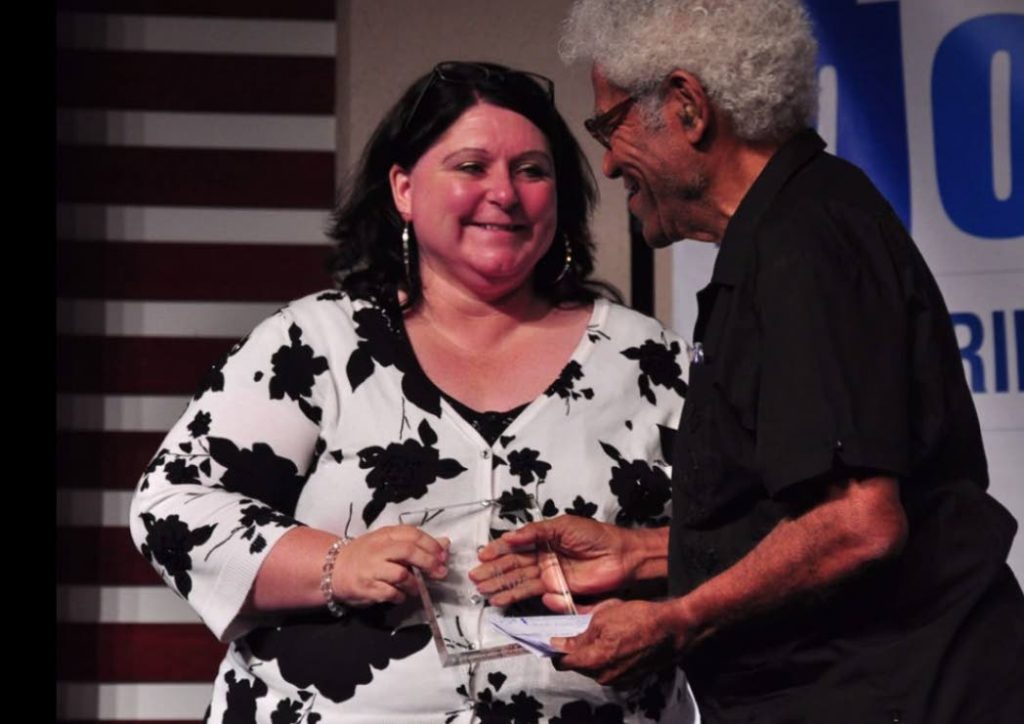
What are the current challenges faced by the festival?
Sustainability. I have spent the last two years working on the future, putting steps in place for the next ten years. Funding and talent are the key issues. We are still underfunded for all that we want to do but we have a three-year strategic plan and therefore know how we would like to proceed.
There are structural issues, such as full VAT on books. We are the only country in the western hemisphere that does that and this makes books more expensive. There are also no tax breaks for philanthropy to encourage giving. I was sent a Green Paper on the arts to review but it makes only passing reference to literature which is more than surprising since the ministry is one of our most important sponsors and we create jobs, bring in tourist dollars and fill hotel nights, apart from everything else. Literature is also a fine ambassador for this country.
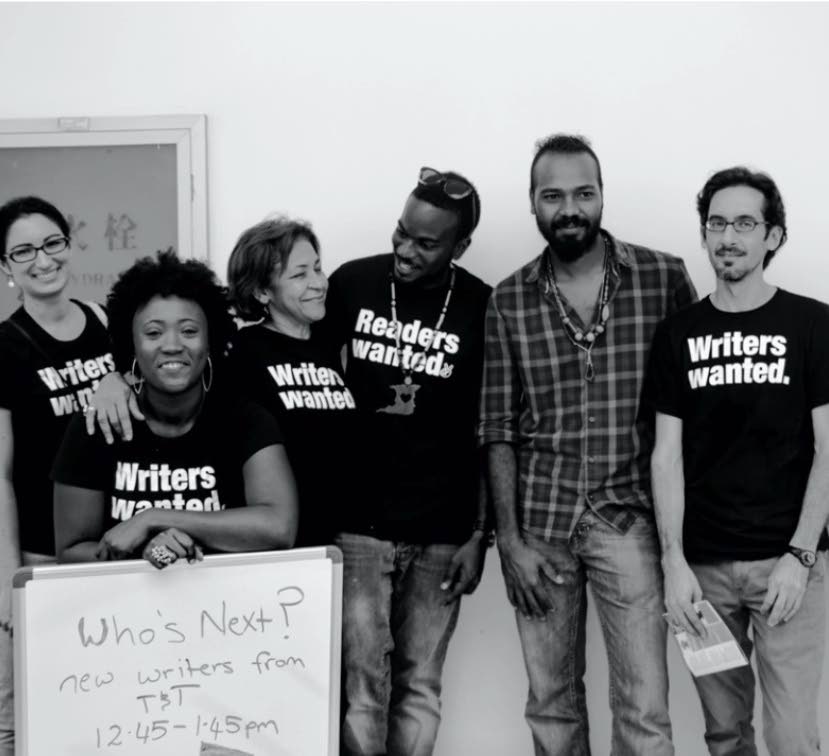
Are there anyone other people you would like to thank?
The media have played a most valuable role in getting the message out. We could not have done it without the press. I must also thank the dedicated team of Bocas Lit Fest without whom nothing would have happened. It is made up of an array of complementary skills and I hope to expand it to be able to do all we plan to and must do.

Comments
"Bocas Lit Fest shaping Caribbean stories"